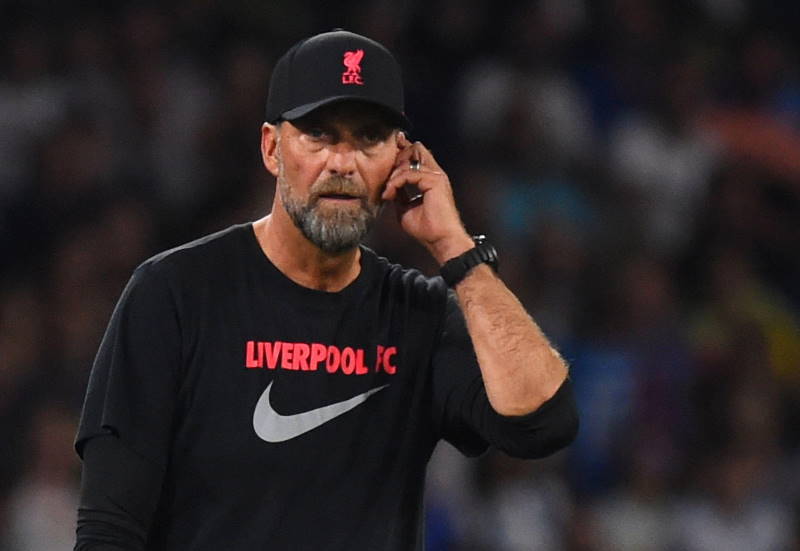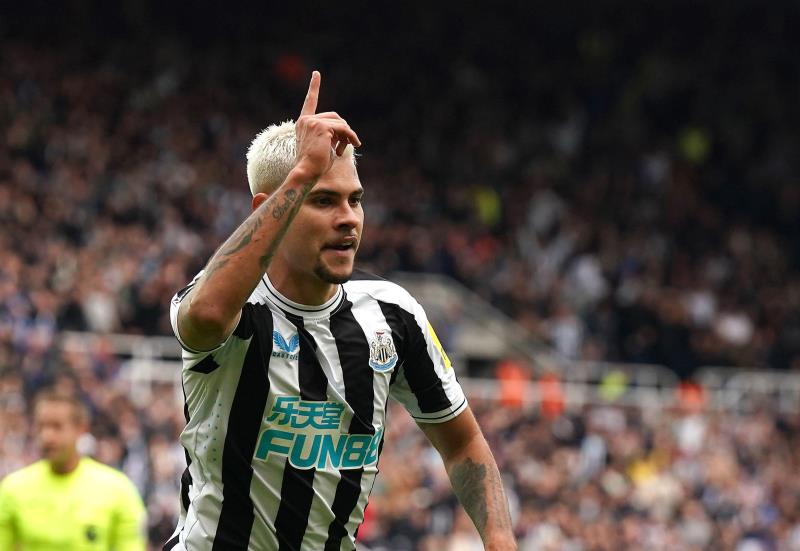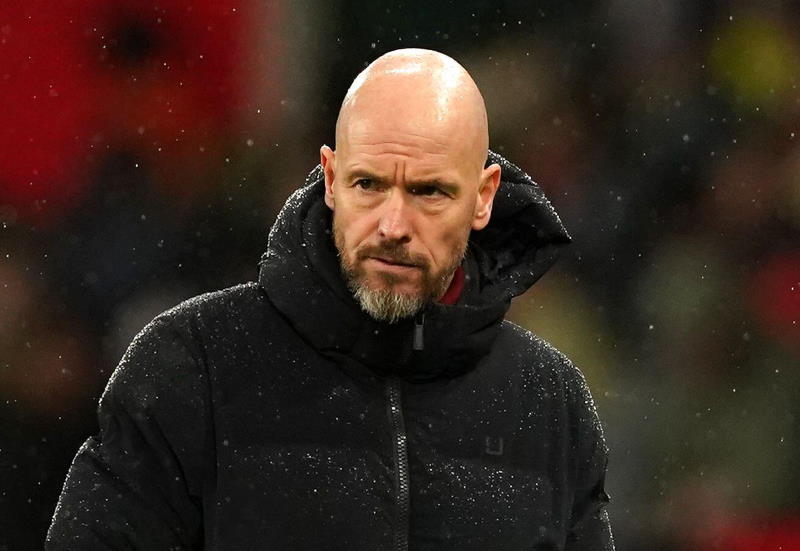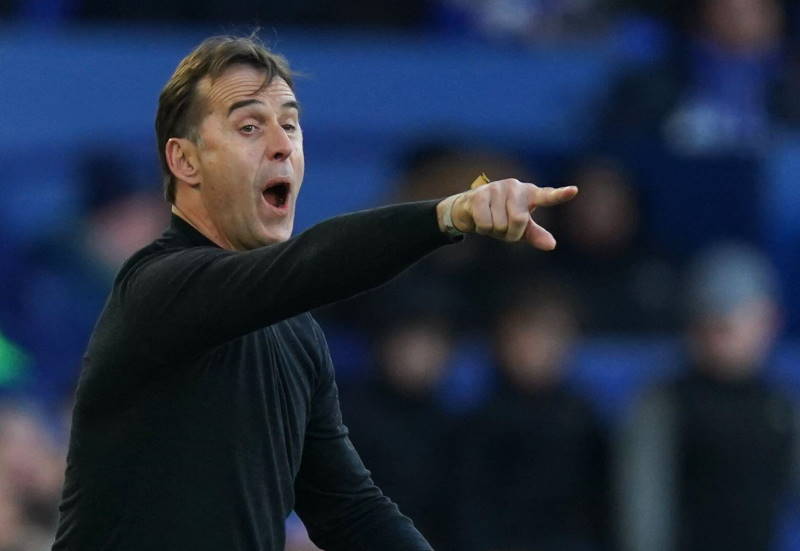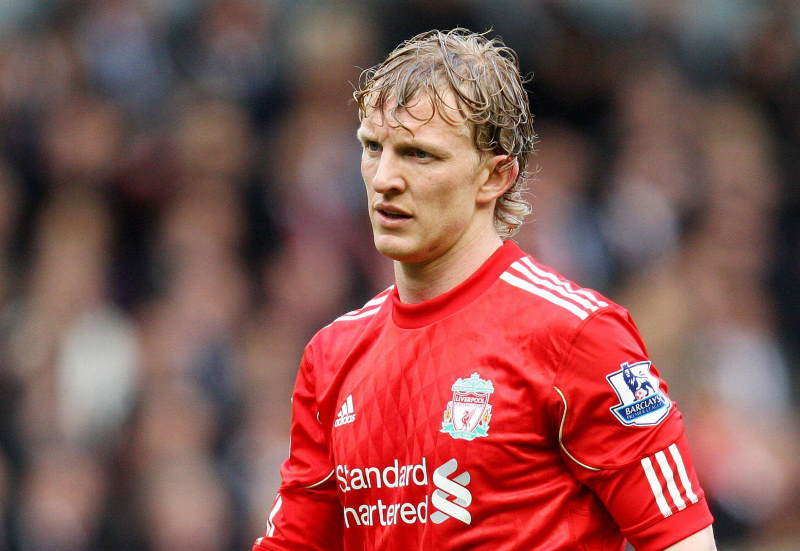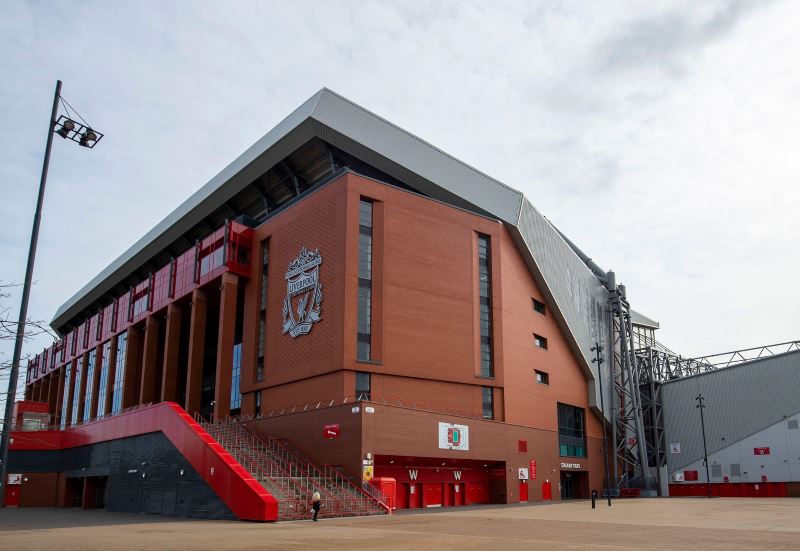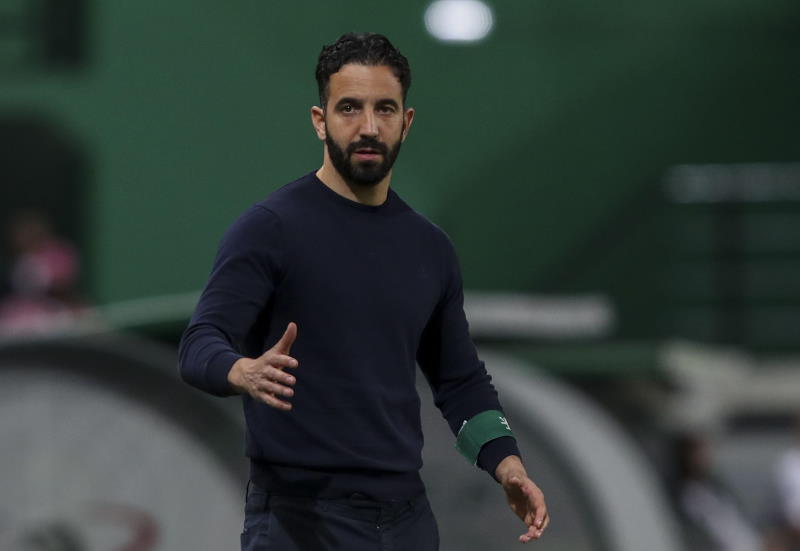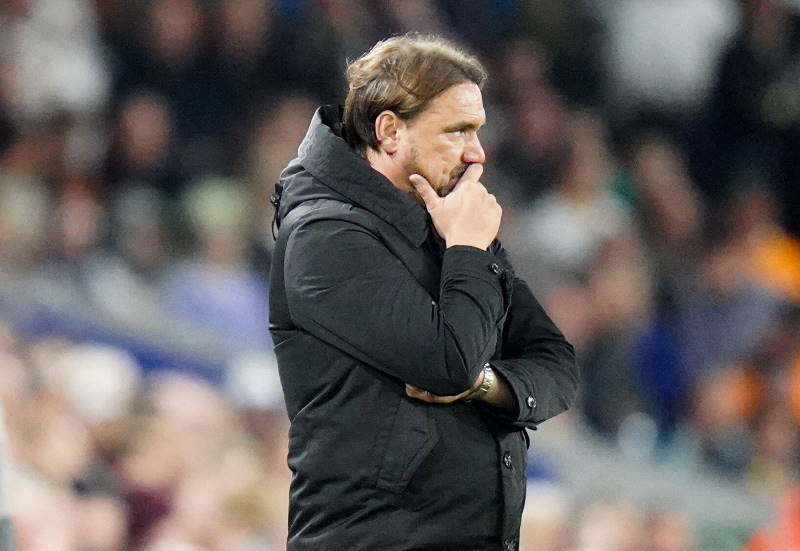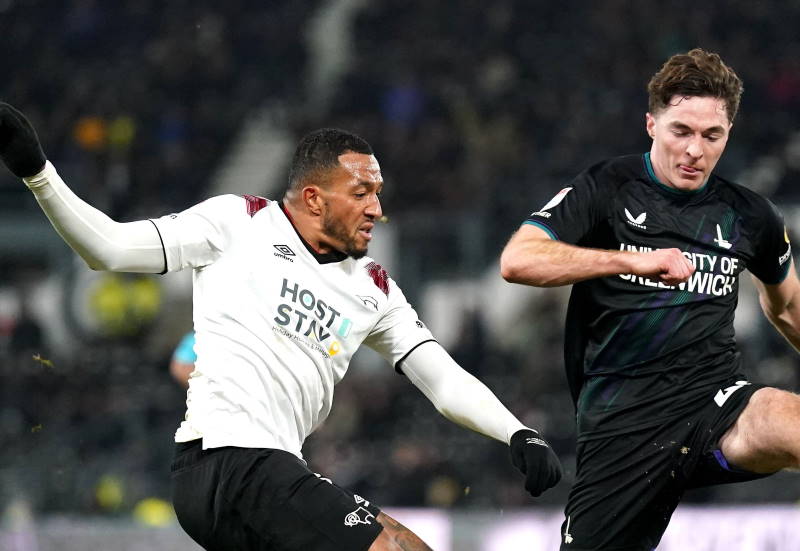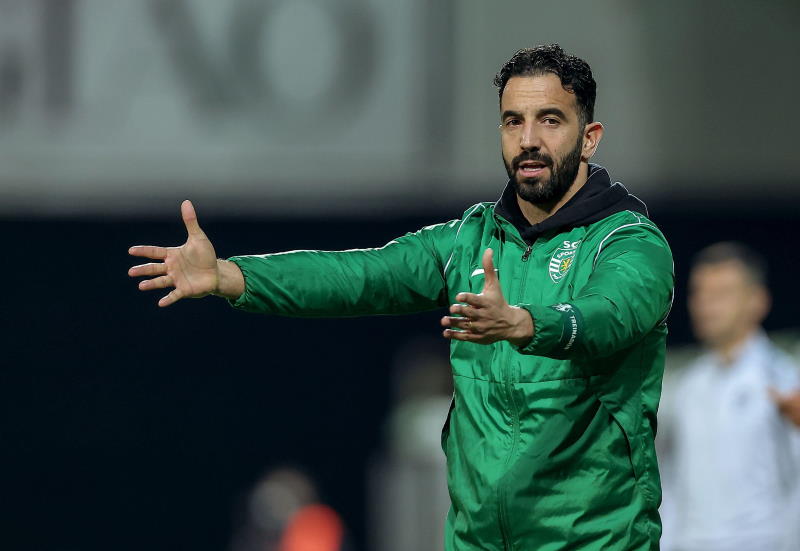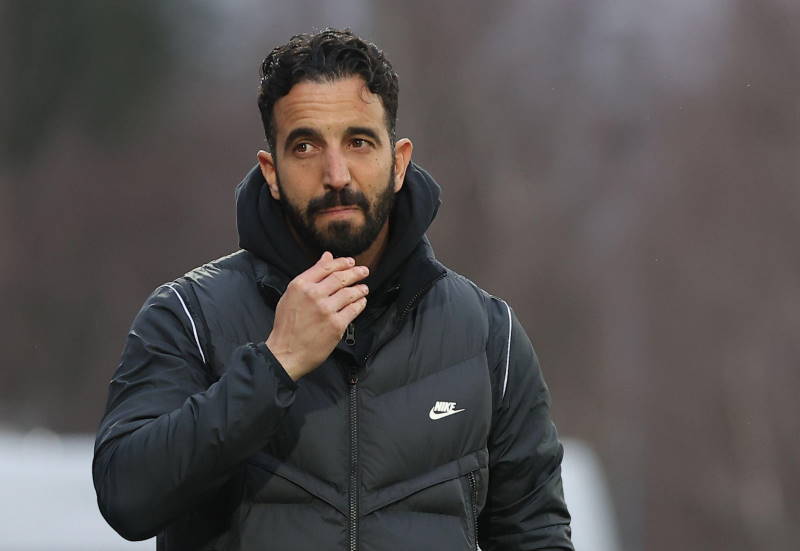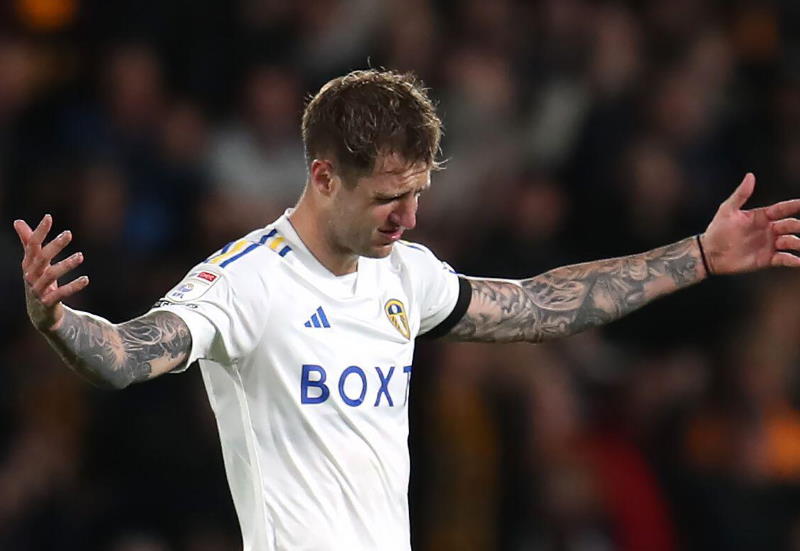
Two years after their World Cup disaster, France finished a major tournament amid fighting within their camp and swiftly lost their manager. It is not quite the same calamity as in South Africa under Raymond Domenech, but much of that must be down to Laurent Blanc’s ability to pull together a divided team.
Didier Deschamps has now decided to take up the offer to replace Blanc as France coach, having stepped down from his role at Marseille. French Football Federation (FFF) President Noel Le Graet is perceived to have betrayed Blanc, who leaves with the goodwill of the nation. And Samir Nasri leads a quartet of stars facing disciplinary proceedings from the FFF.
Nasri was the main antagonist in Poland/Ukraine, at the heart of disputes within the dressing room and then swearing at a journalist after the 2-0 defeat to Spain in France’s Euro 2012 quarter-final. Paris Saint-Germain’s Jeremy Menez similarly swore at captain Hugo Lloris, whilst Yann M’Vila failed to shake Blanc’s hand as he came off against Spain to be replaced by Olivier Giroud. As a result, M’Vila seems to have scuppered his chances of joining Giroud at Arsenal. Hatem Ben Arfa, meanwhile, rowed with Blanc during the tournament and also faces sanction.
It is similar to the situation Blanc faced when he arrived in 2010. Then, Patrice Evra was suspended for five games as the captain when the squad went on strike during the World Cup. Franck Ribery, as a perceived instigator of the strike, was given three games. Neither compared to Nicolas Anelka though, who left the camp in disgrace after a row with Domenech which led to the strike, and was banned for 18 games, effectively retiring him from international football.
Following that collection of problems not a single player involved in the World Cup was present in Blanc’s first game in charge. Deschamps should not have to go to such lengths, but clearly selecting personnel will be a significant problem. Whilst France have an abundance of talent, particularly in attack, they also have more than their fair share of difficult characters, it seems. Nasri does not appear to gel into the squad; Florent Malouda appeared agitated at some of his team-mates’ behaviour; while Ben Arfa’s temper appears to have got the better of him.
It is quite a challenge for the new coach. The problems are not as straightforward as the Real Madrid-Barcelona divide which affected Spain, but are equally difficult to deal with. In many ways they reflect some of the issues higher up in French football, as a stand-off between Le Graet and Blanc unhelpfully distracted the team in the build-up to the tournament. The FFF chief was reluctant to discuss Blanc’s contract and the former Bordeaux coach appeared to be courting potential suitors in response. Despite being offered a new deal last week, Blanc decided enough was enough and walked. Regardless of whether it was his relationship with Le Graet, Ben Arfa, Nasri or any number of the troublesome squad he took to the Ukraine that pushed Blanc over the edge, Deschamps needs to be tough, as well as understanding of this generation.
In some aspects the ex-Juventus coach is the ideal replacement. Like Blanc, he possesses the CV and ability to command respect from his players, as well as the intelligence to mould a squad. And as the captain of the team which many of today’s youngsters would have looked up to when France won the World Cup in 1998, he should be the ideal figurehead for this talented group. Though having just left one difficult relationship with Marseille sporting director Jose Anigo, he will hope to forge a better one with Le Graet than Blanc enjoyed.
Euro 2012 showed that in pure football terms, this France team has the ability to go far. They were the better side in a 1-1 draw with England and then impressed by beating hosts Ukraine 2-0. It was the Sweden match which did for Les Bleus. A 2-0 defeat led to the row which destabilised the squad, with allegations that some did not pull their weight on the pitch or play for the team. It was the kind of self-destructive row which has characterised the national team in recent years.
Now though, France’s squad must not only put things right on the pitch, but improve their standing off it – the team is generally unloved at home after a series of behavioural problems. A combination of an undeserved 2010 World Cup qualifying victory over the Republic of Ireland thanks to a handball, the shambles of that tournament and this summer’s problems have led to the situation where just 20 per cent of the public feel affection for the team, according to Le Journal du Dimanche.
The other big challenge is to qualify for the 2014 World Cup in Brazil. Finland, Georgia and Belarus may be opponents France will expect to beat, but Les Bleus lost to the latter at home at the start of their qualifiers for Euro 2012 and the other team in their group are the back-to-back European and world champions Spain.
It all adds up to quite a set of problems for Deschamps to deal with. What is undoubted is that there is the talent and personnel to create a team capable of qualifying for and challenging during the next World Cup and beyond, with Euro 2016 on home soil a key target. But first the new manager must negotiate the complex tangled web of personalities and intrigues he will inherit, and find a way of bringing peace to a squad seemingly at war with itself once again.

